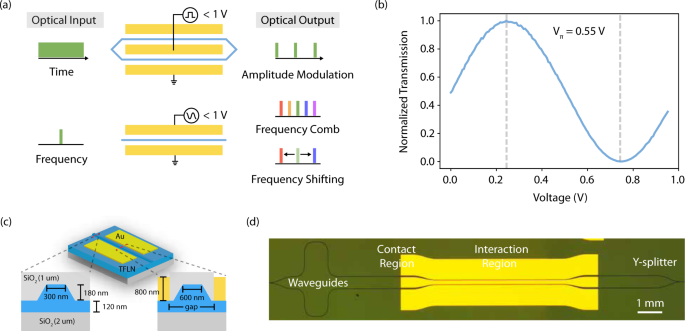南極の循環は、今後30年間で40%以上遅くなる可能性があり、海洋と気候に重大な影響を及ぼすと考えられています。 Antarctic circulation could slow by more than 40 per cent over the next three decades, with significant implications for oceans and the climate.
2023-03-30 ニューサウスウェールズ大学(UNSW)
研究チームは、南極周辺で沈降する冷たくて塩分濃度が高く、酸素が豊富な水が世界の海を横断する循環について、気候変動がこれを減速させる可能性を指摘しました。これにより、深海が急速に温暖化し、深海生態系が変化すると考えられています。
研究者らは、この循環が崩壊することで海洋表面付近の生物の栄養源が減少することを懸念しています。
<関連情報>
- https://newsroom.unsw.edu.au/news/science-tech/deep-ocean-currents-around-antarctica-headed-collapse-study-finds
- https://www.nature.com/articles/s41586-023-05762-w
南極の雪解け水がもたらす深海の海洋オーバーターニングの減速と温暖化 Abyssal ocean overturning slowdown and warming driven by Antarctic meltwater
Nature Published:29 March 2023
DOI:https://doi.org/10.1038/s41586-023-05762-w

Abstract
The abyssal ocean circulation is a key component of the global meridional overturning circulation, cycling heat, carbon, oxygen and nutrients throughout the world ocean. The strongest historical trend observed in the abyssal ocean is warming at high southern latitudes, yet it is unclear what processes have driven this warming, and whether this warming is linked to a slowdown in the ocean’s overturning circulation. Furthermore, attributing change to specific drivers is difficult owing to limited measurements, and because coupled climate models exhibit biases in the region. In addition, future change remains uncertain, with the latest coordinated climate model projections not accounting for dynamic ice-sheet melt. Here we use a transient forced high-resolution coupled ocean–sea-ice model to show that under a high-emissions scenario, abyssal warming is set to accelerate over the next 30 years. We find that meltwater input around Antarctica drives a contraction of Antarctic Bottom Water (AABW), opening a pathway that allows warm Circumpolar Deep Water greater access to the continental shelf. The reduction in AABW formation results in warming and ageing of the abyssal ocean, consistent with recent measurements. In contrast, projected wind and thermal forcing has little impact on the properties, age and volume of AABW. These results highlight the critical importance of Antarctic meltwater in setting the abyssal ocean overturning, with implications for global ocean biogeochemistry and climate that could last for centuries.



